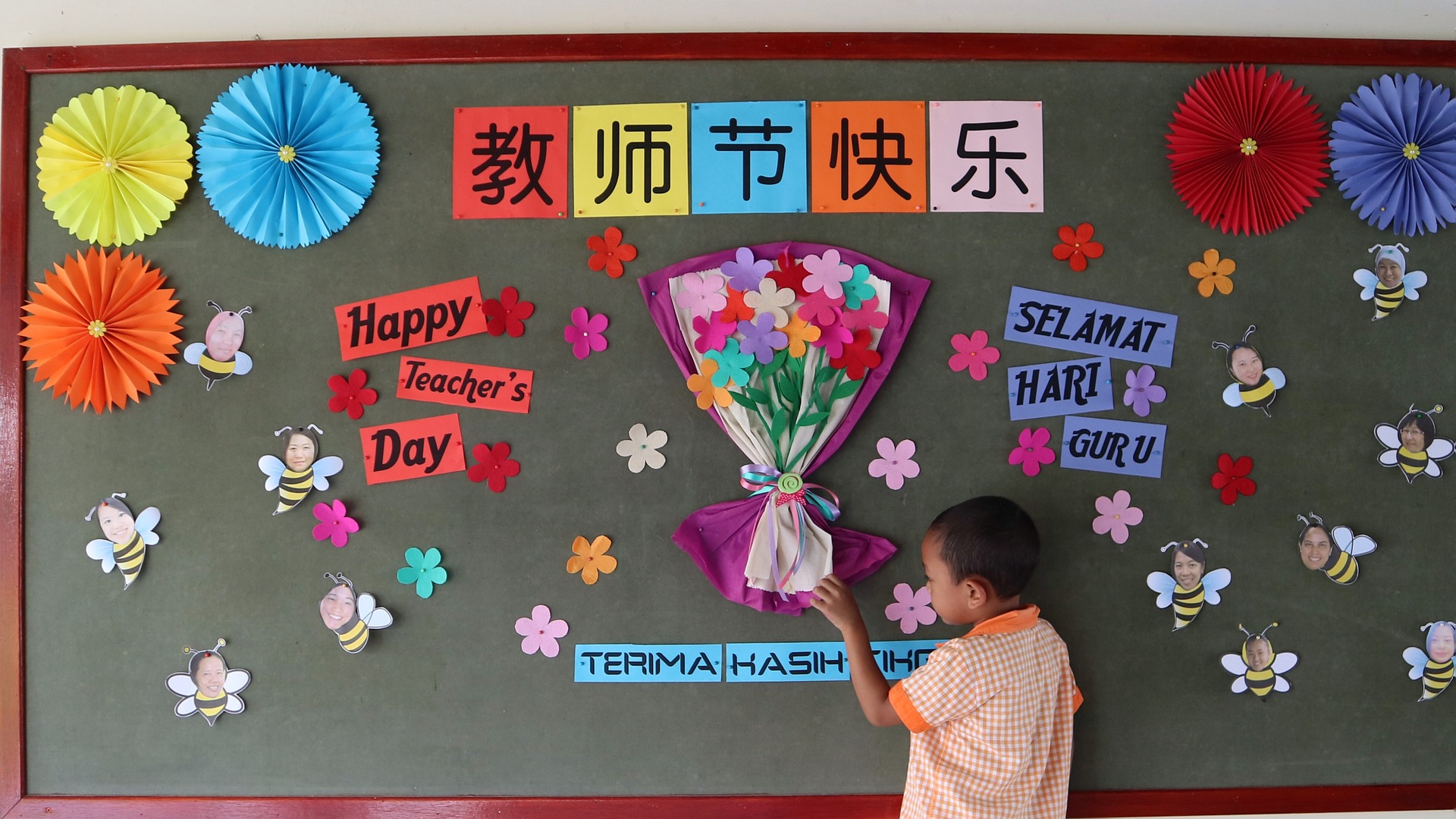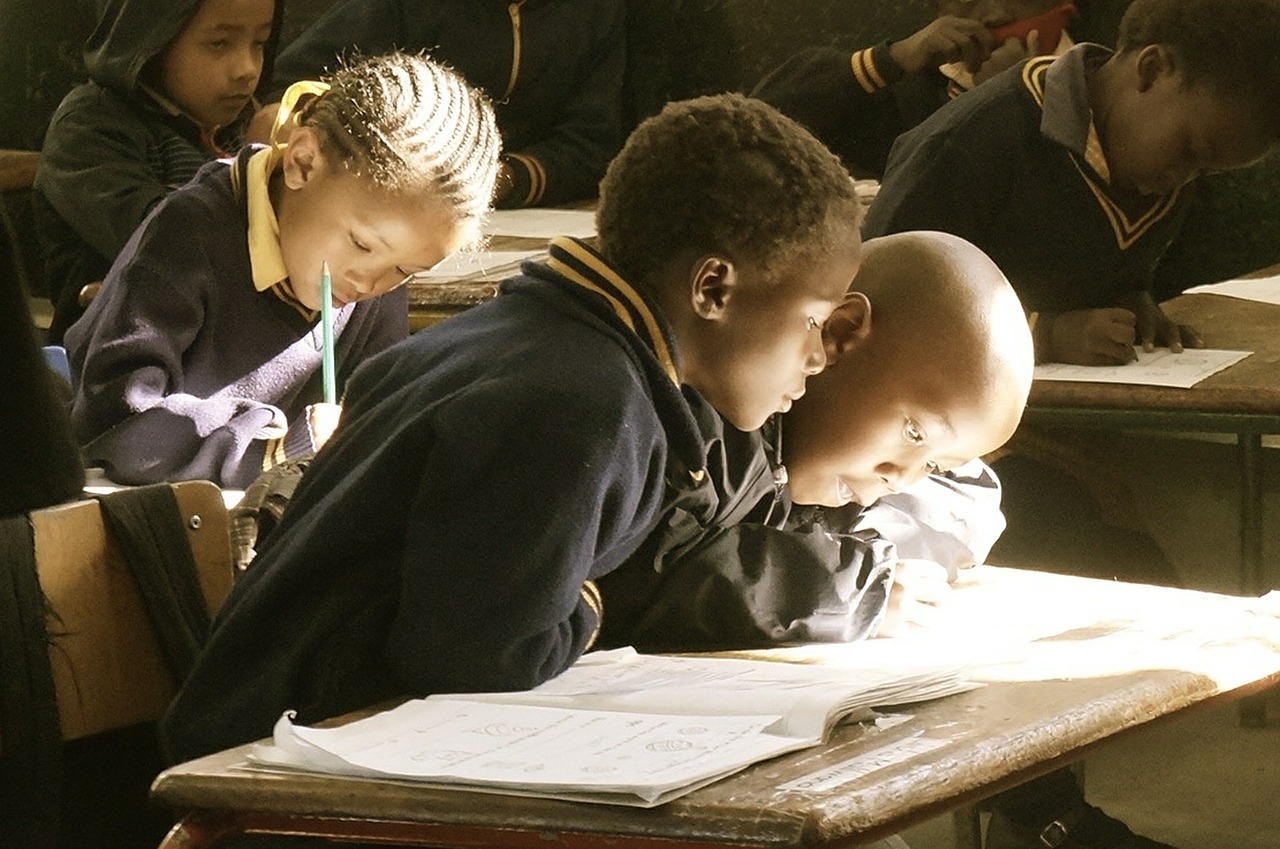Every year, on the 5th of September, India celebrates the birthday of its renowned teacher and former Indian President, Dr. Sarvepalli Radhakrishnan. He was one of the most beloved philosophers and teachers across the world.
India is still a developing country. According to a survey by the National Sample Survey Organization (NSSO), India is nowhere in the top 10 educators across the world. As of 2015, India’s rural population’s literacy is just above 70% while the urban population’s literacy is around 86%.
One can say, that there has been a remarkable growth in the literacy rate, but India still lags behind the world’s successful nations. So how can a country with so many different cultures and dialects make its way to the top? Nations such as Finland (ranked #1 education system) and Singapore (in top 3 education systems) have demonstrated how this can be done.
The main focus remains of the child’s learning and on practical skills. No burdening with homework or assignments. the main focus in on quality education and balanced growth of the student. Another major requirement is the quality of teachers, how they can make the class interesting and fun while teaching the students. Some of India’s eminent teachers had their say.
Messages from some of India’s eminent teachers
Shomie Das has been headmaster of three of the best boarding school across the nation along with being a consultant to 76 different schools. He feels that a teacher can make the biggest difference by being a teacher for all the students. Whether that student is brilliant or average or even a slow learner, a teacher must do their duty. There may be a lack of resources, but a teacher can always make the best out of it.
Prof. Ashok Misra serves as a chairman of Intellectual Ventures India, Bengaluru. He has been the director of Indian Institute of Technology, Mumbai (IIT-B) and then joined as the department head of Centre of Polymer Science and Engineering at Indian Institute of Technology, Delhi (IIT-D). He feels that the biggest challenge is as the student progresses to higher education, the motivation of the student goes down. This poses a challenge to the teacher. They have to make the class interesting so that students are engaged.
Dr. Shyama Chona, president and founder of Tamanna, an NGO for the multiply challenged and autistic individuals, has also been the principal of the best school in India, Delhi Public School, RK Puram. She’s widely accepted as one of the most accomplished teachers. She believes a teacher can be anyone. In today’s world of information, a student might know more than the teacher, but the teacher should give ample opportunities to every student to speak their mind. She highly encourages the class to be child-centric rather than syllabus centric.
A teacher’s contribution to the nation’s prosperity
Maya Menon is the founder and director of the Teacher’s foundation(TTF) focusing on training the teachers. She thinks that there are two biggest challenges face by a teacher which is lack of awareness and limited skills. Lack of awareness does injustice to the teachers and the students too, while lack of skills would make the class dull and boring. She believes that a teacher’s contribution to the nation’s wealth is far ahead than anyone else’s.
Swati Popat Vyas is the founder of Early Childhood Education Association and author of multiple children books. She feels the biggest challenge she faced was the enormous student to teacher ratio. This disables the teacher to give one on one attention to each child. Another she felt is that there should be respect between the community and the teacher. There are rural areas where being educated is still not considered a virtue and thus the lack of respect for the teacher and teaching profession.
These are some genuine problems faced by teachers who have taught in the rural areas and urban areas as well. The question arises is how quickly can India improve its education system and eventually make its way in the top countries.







